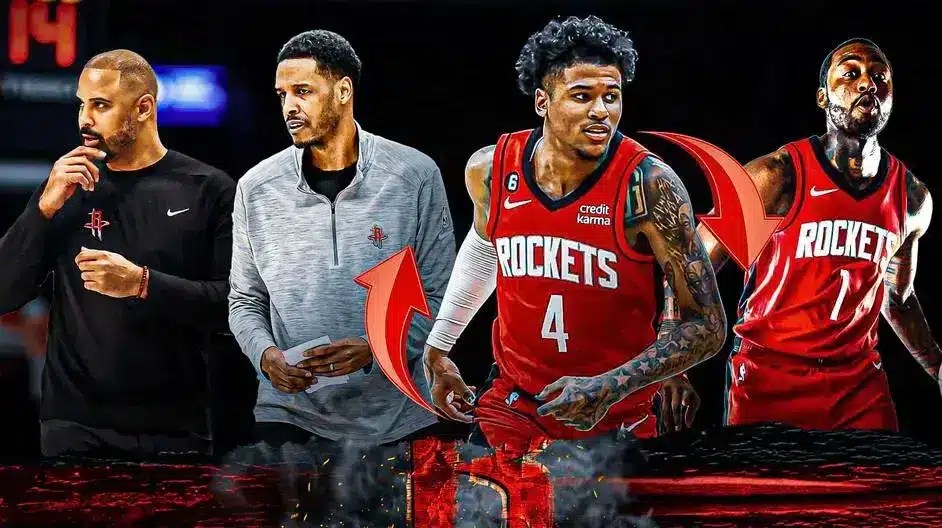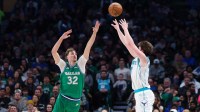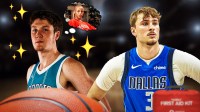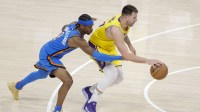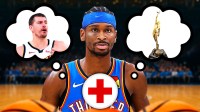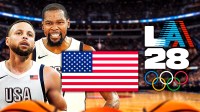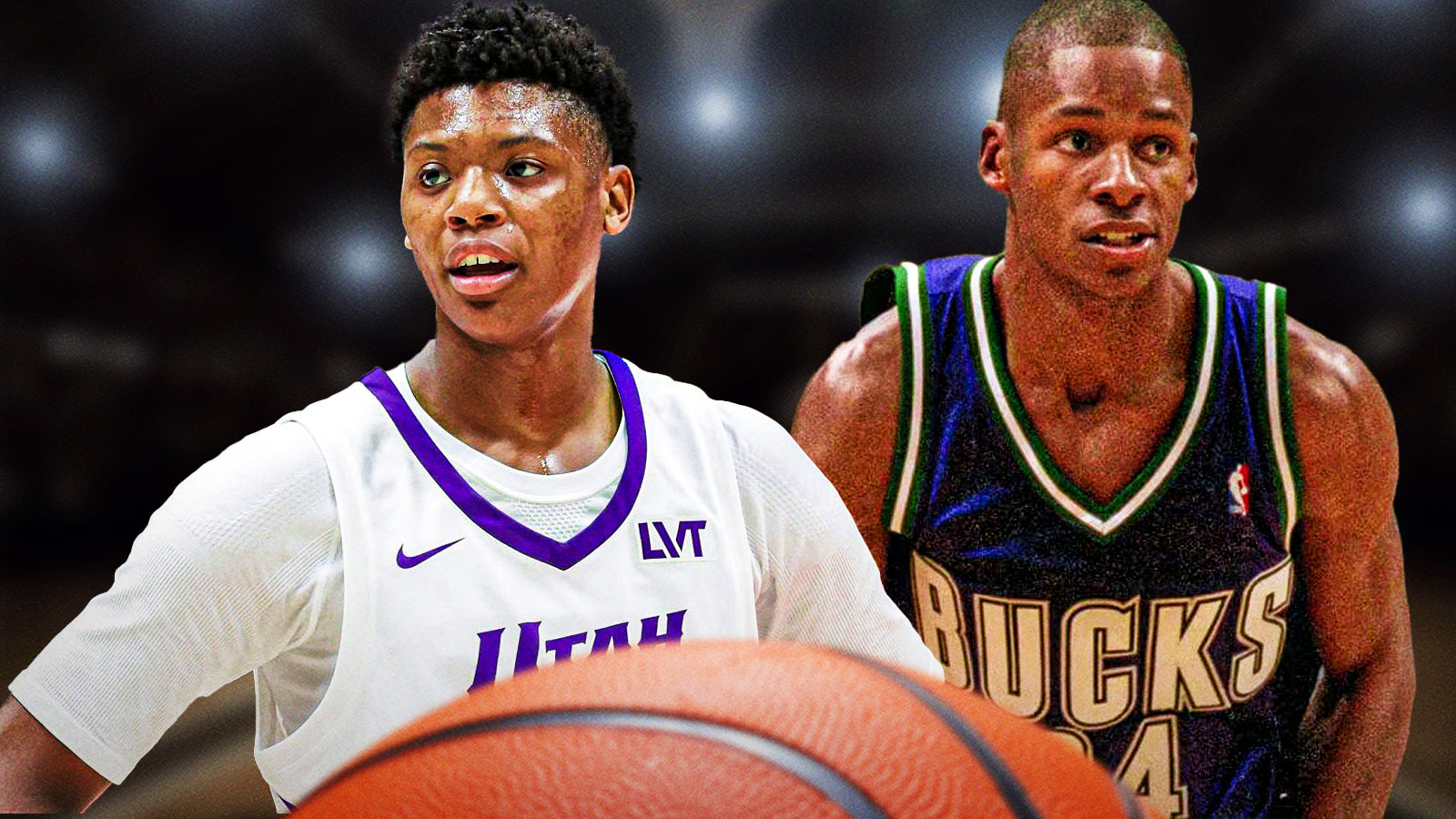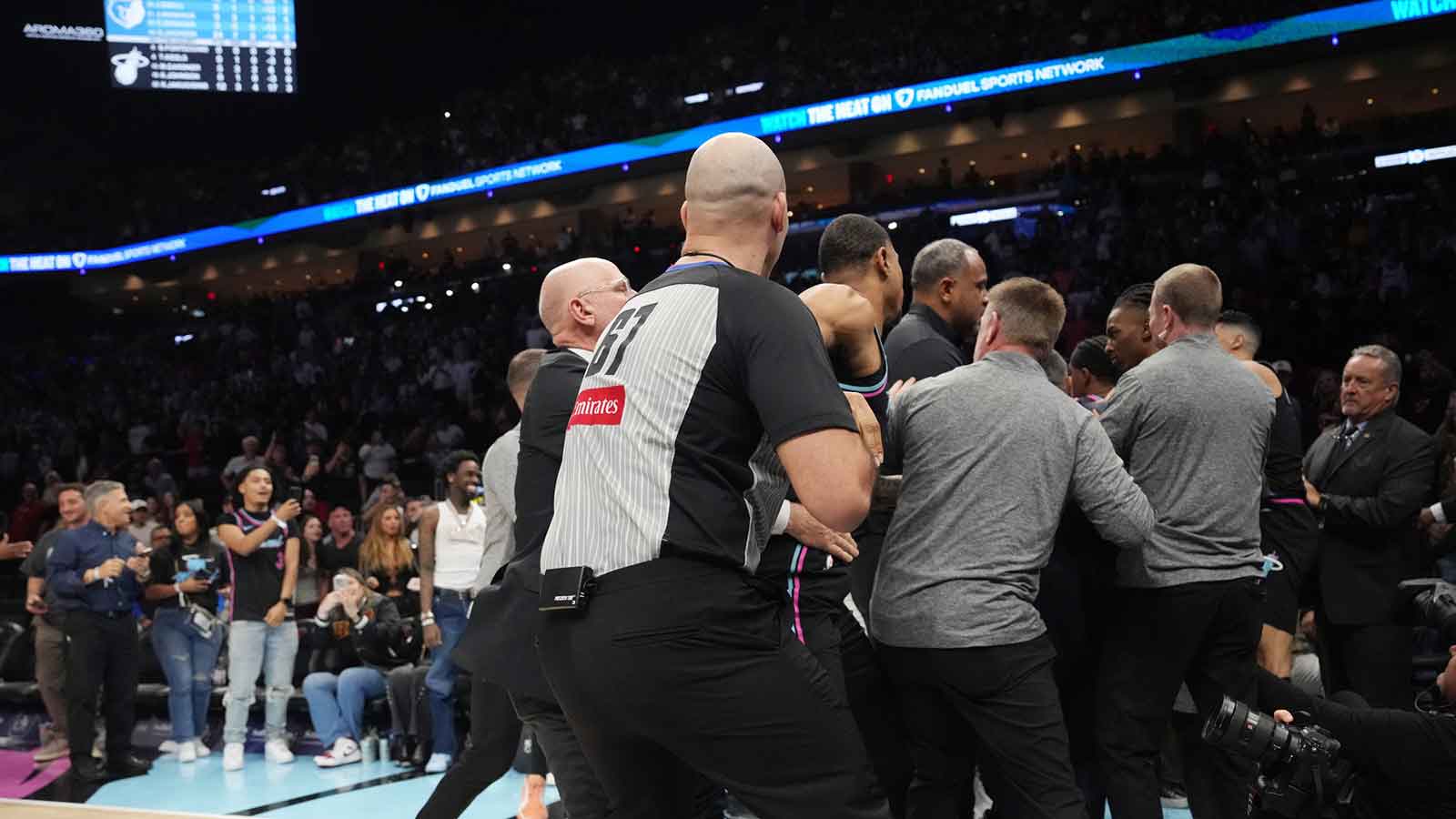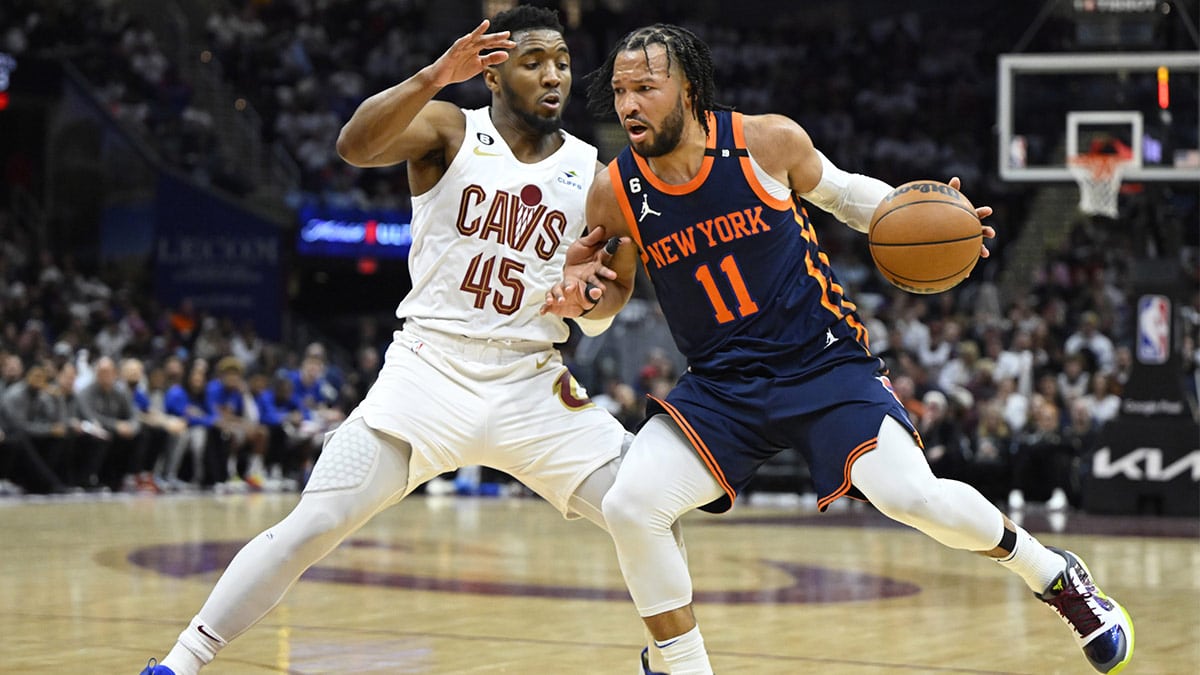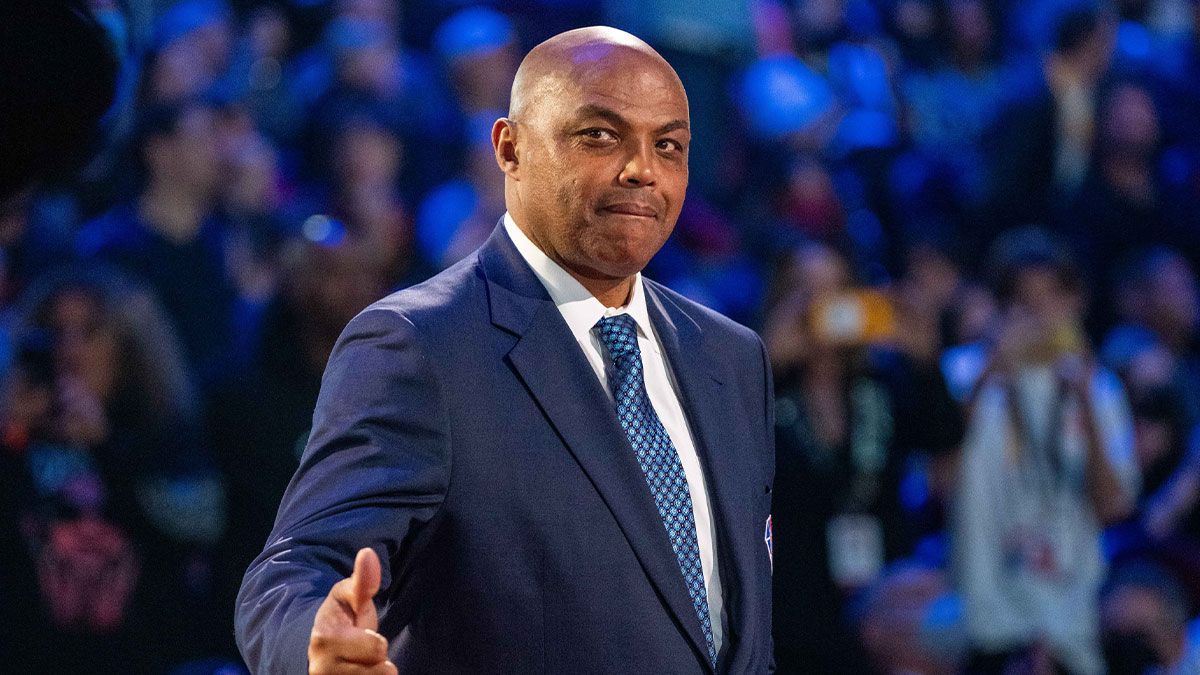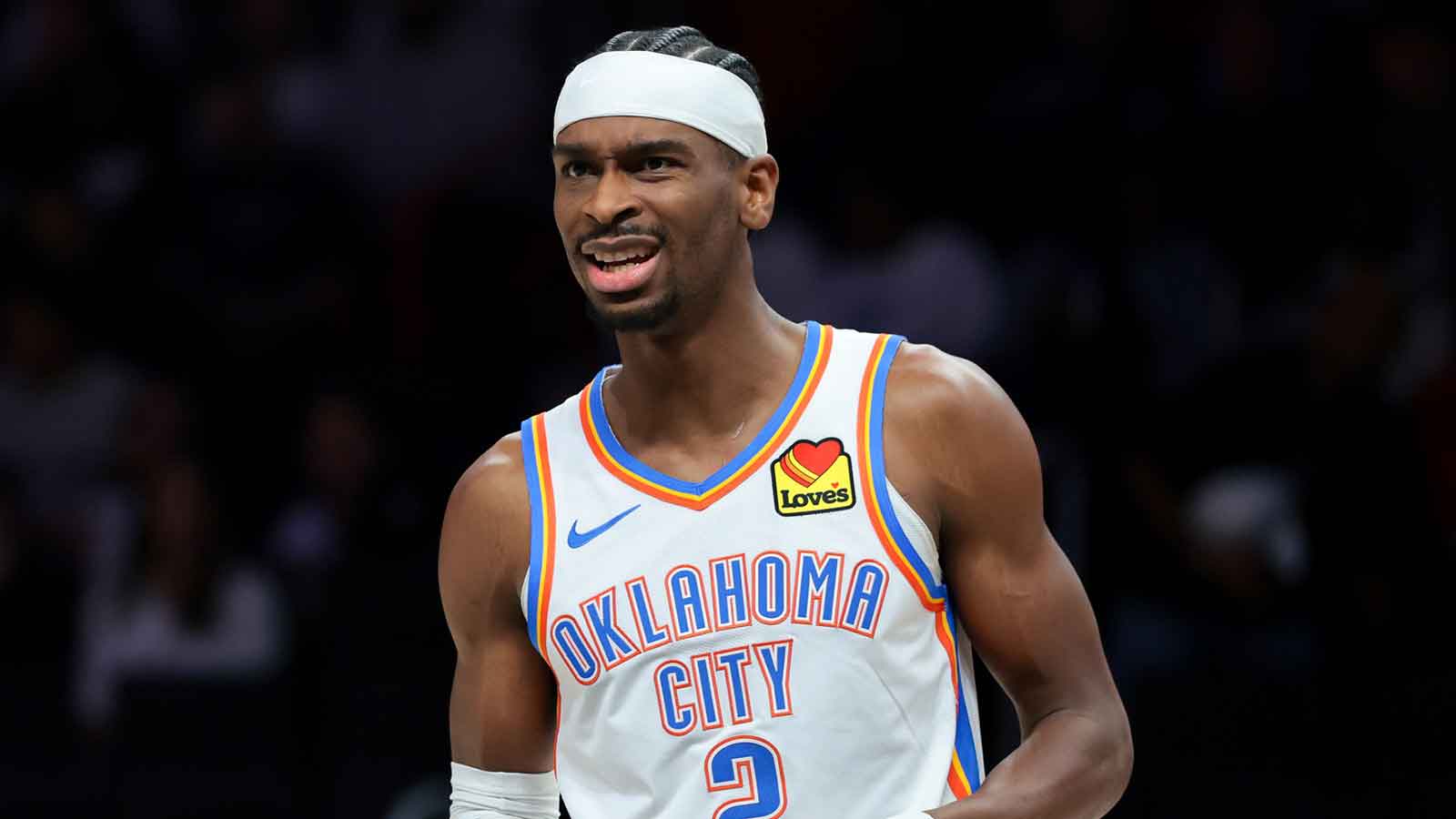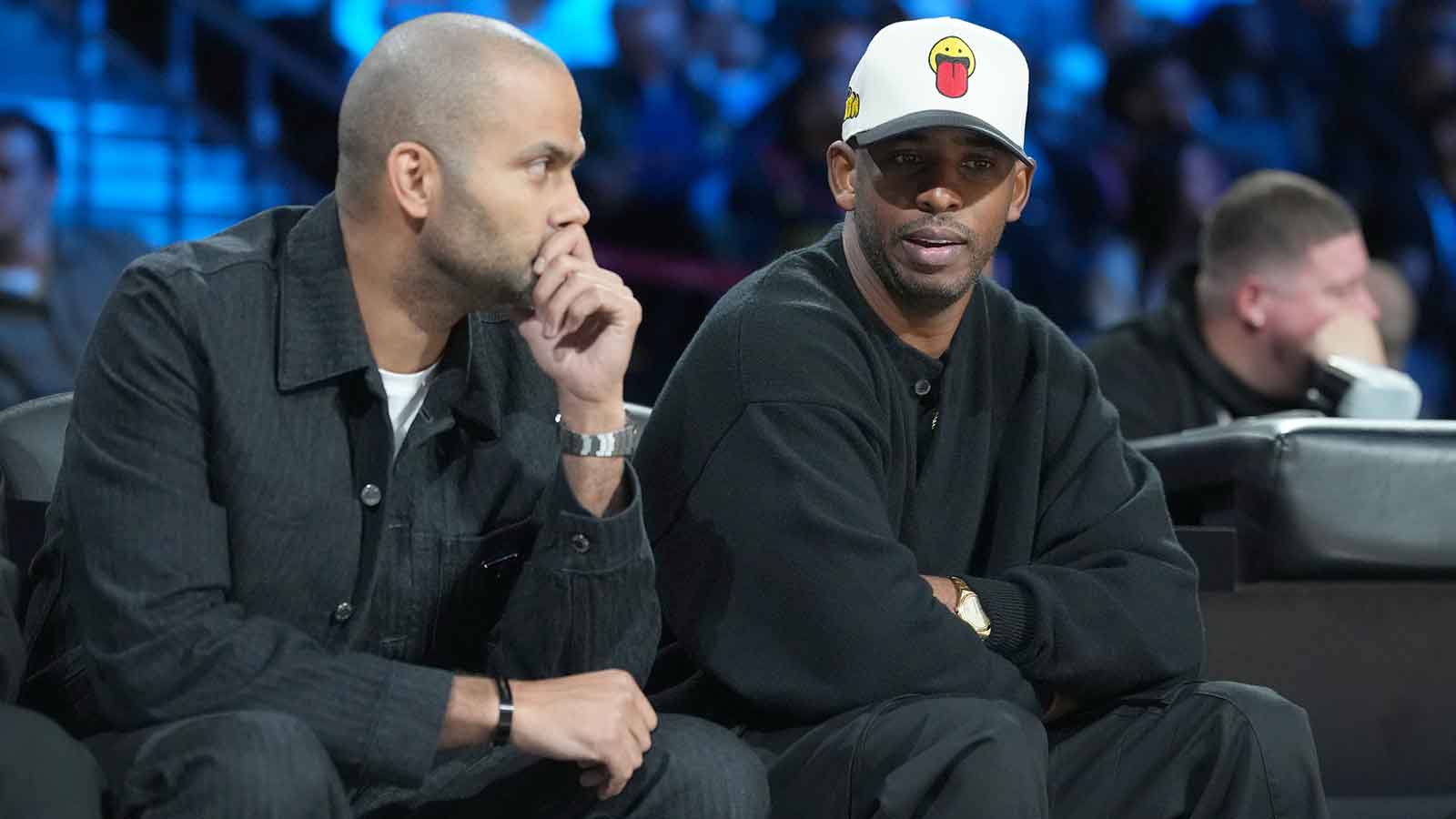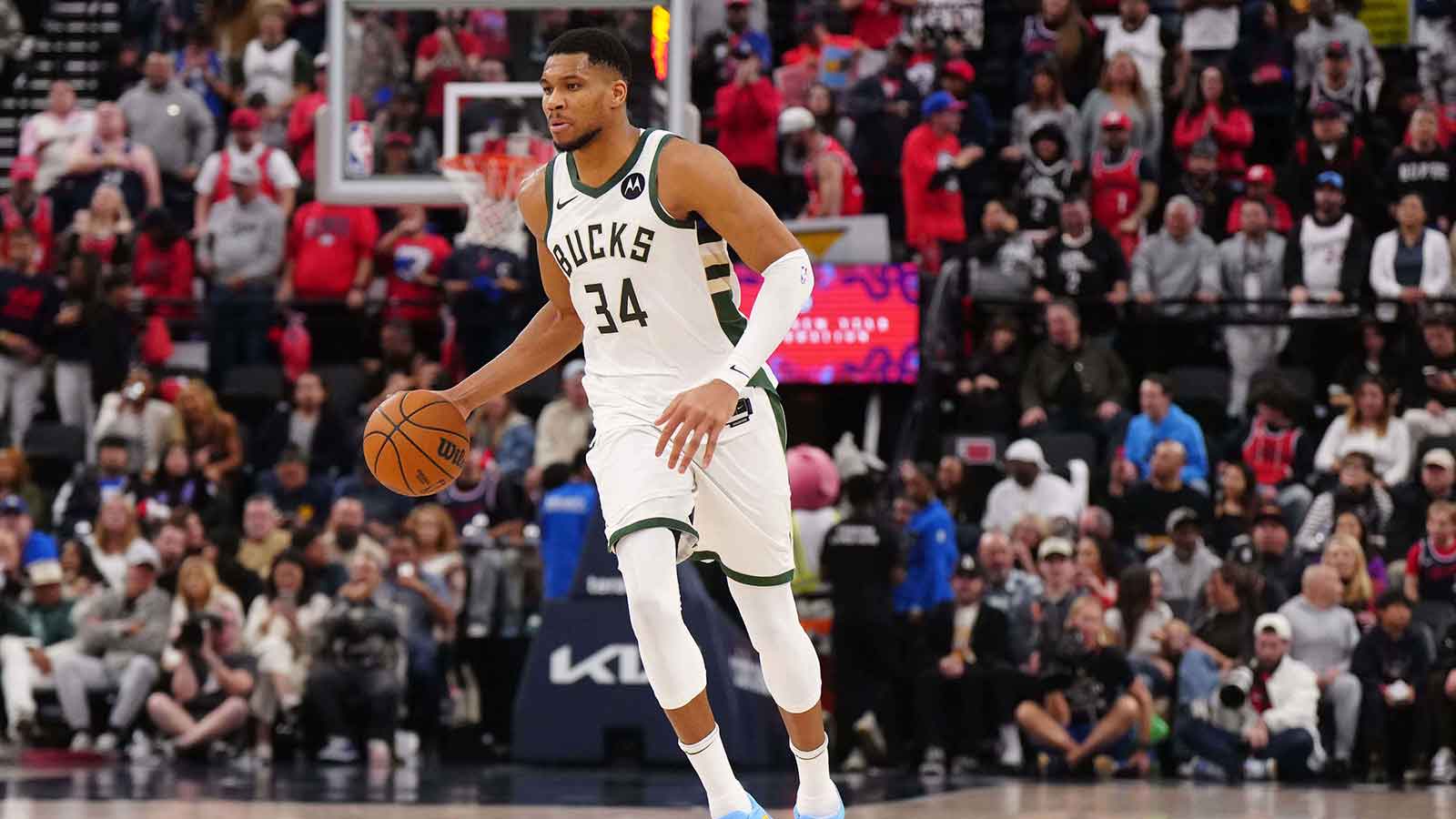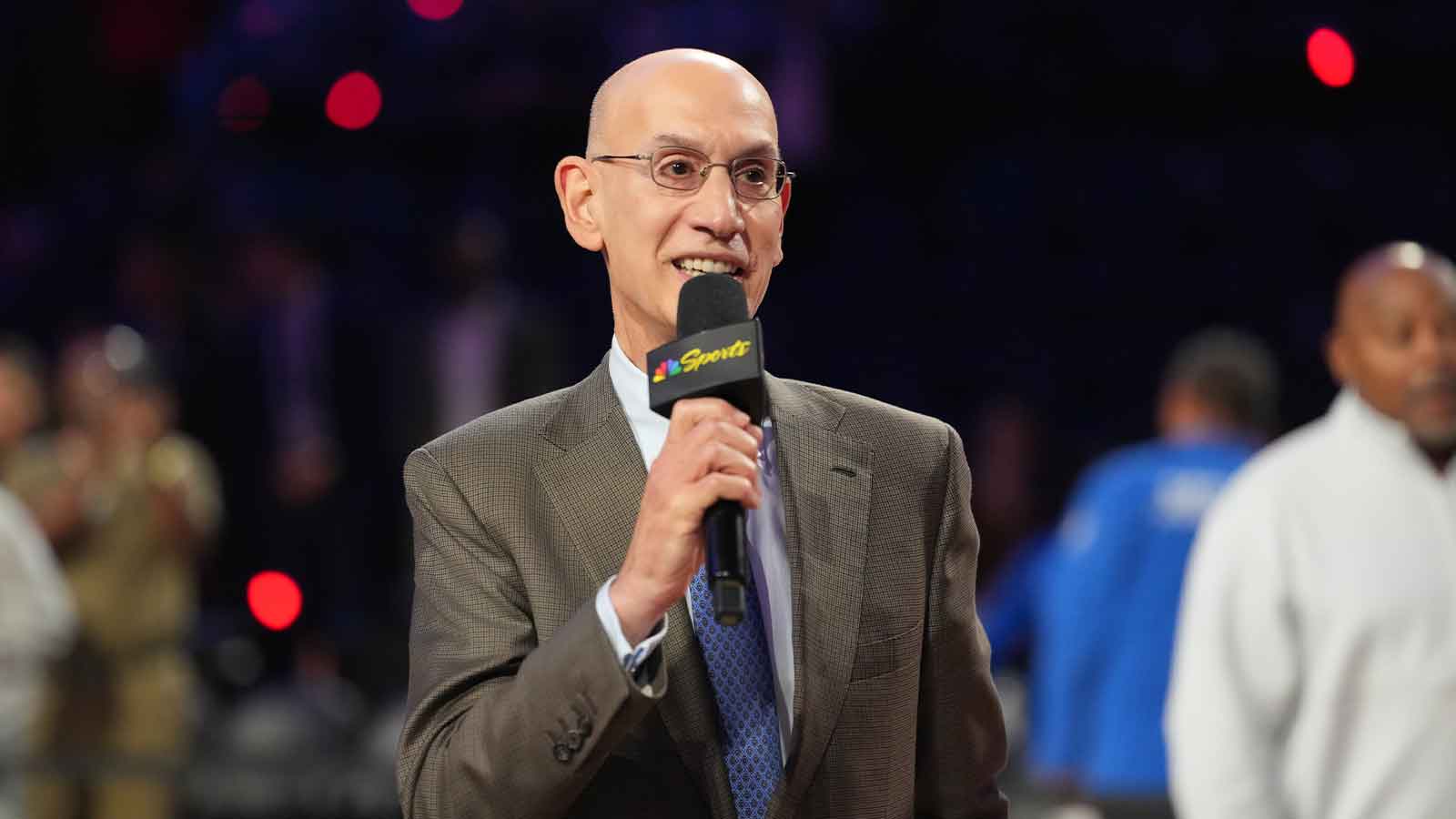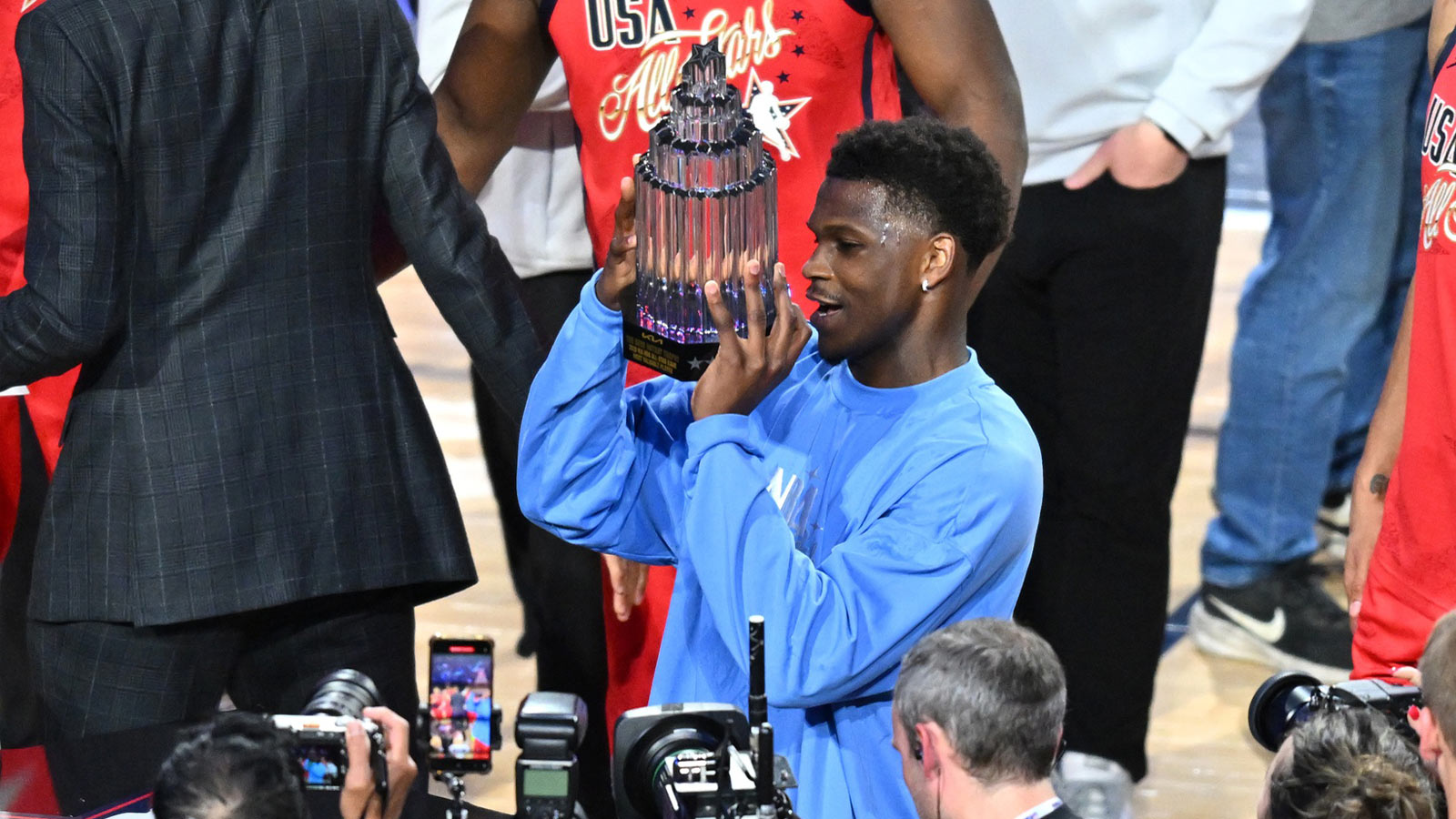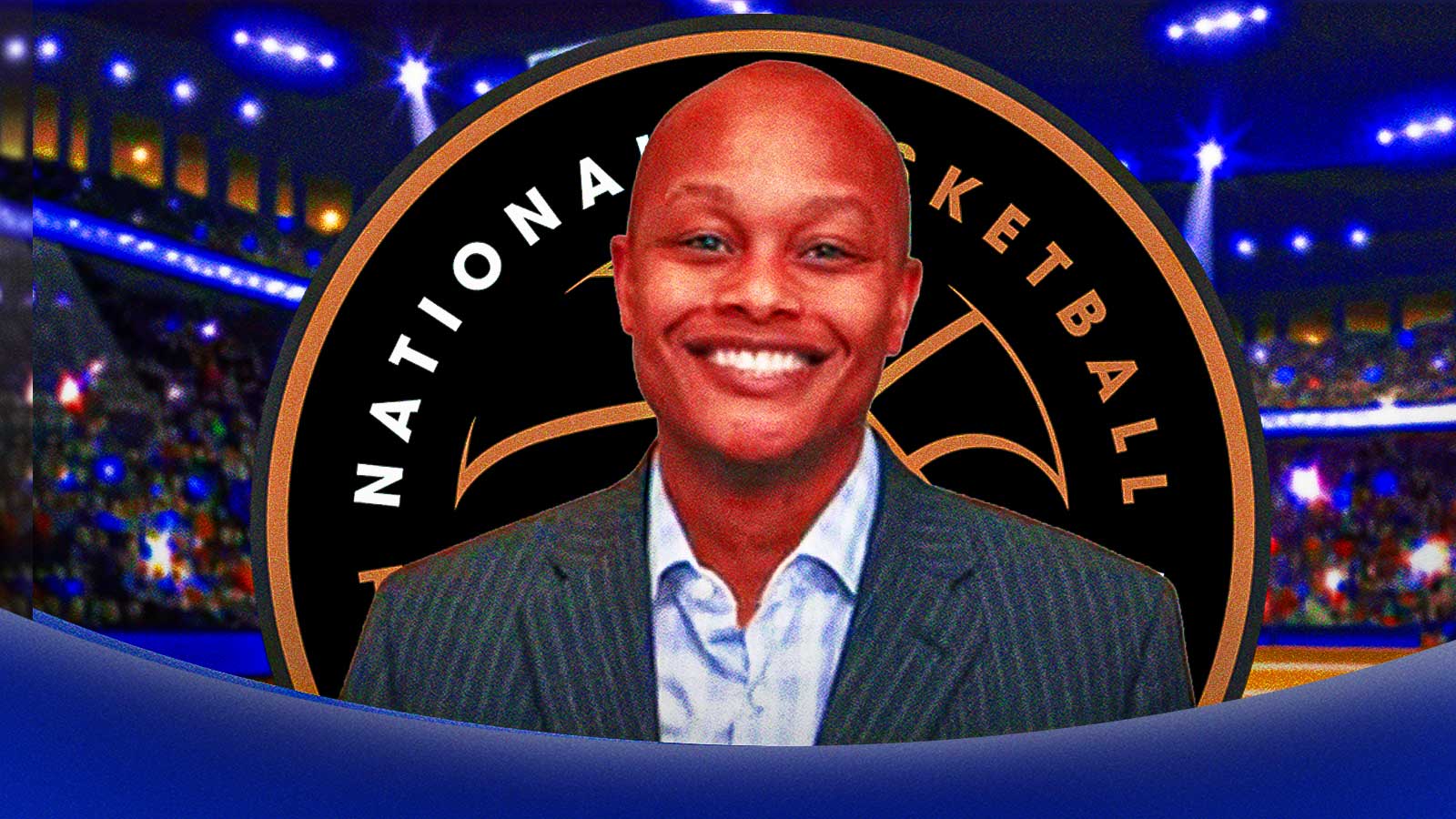HOUSTON – Year three. On average, year three is when we see a dramatic jump in the play of a top NBA draft pick. Think of Ja Morant, James Harden, or Russell Westbrook. For Houston Rockets guard Jalen Green, that has yet to be the case. He was supposed to THE guy. He was expected to be THE guy. The conversation surrounding Green's expected jump into superstardom has slowly turned into not when, but if.
Jalen Green isn't the guy
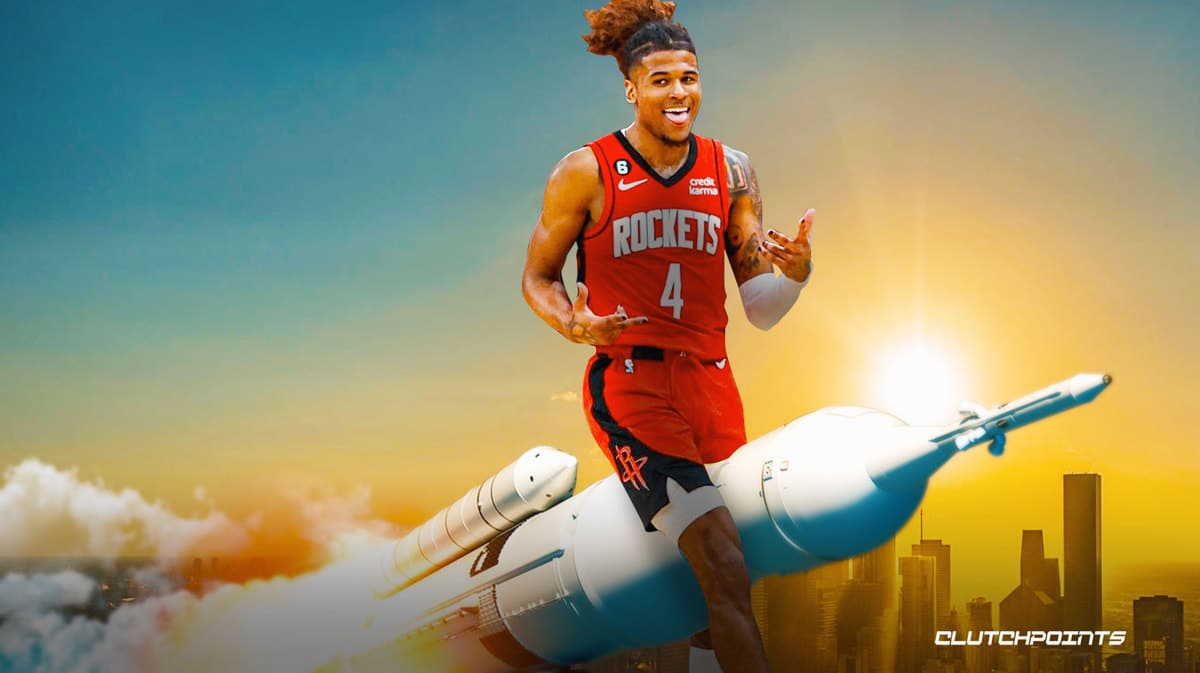
Let's be clear: At this moment, Jalen Green is not a good NBA player. It's arguable to say that the 21-year-old has gotten worse. Twenty-six games into year three, Green is averaging a career-low 17.1 points on career lows of 39.6% from the field and 32.5% from three. While these shooting stats aren't too far from his other two seasons, the fact that they've gradually decreased since his rookie year is a huge misstep in his overall development.
His lack of production has him overshadowed by his fellow young core, specifically Alperen Sengun, Jabari Smith Jr., and Tari Eason. Each of these three has made significant strides in their production. Eason's three-point percentage has climbed by 5-6% in his sophomore campaign and his defensive rating has improved by 15.3 points. Over the last three games, Sengun and Jabari have both averaged a combined 51.3 points per game, looking like the second coming of Ralph Sampson and Hakeem Olajuwon. What's even worse, Green's current struggles are lowlights on a team that's winning more consistently than in years past. It makes his various scoring outbursts under coach Stephen Silas stick out like a sore thumb.
The reasoning behind Green's struggles
So, what is the reasoning behind this? Why has Jalen Green failed to meet his potential? The answer may lie in multiple factors. Green's “best” season last year included averages of 22.1 points, 3.7 rebounds, and 3.7 assists on 41.6% shooting. This, coupled with a 27.4% usage rate in his sophomore season, was mainly due to Silas' strategy to over-utilize him in the offense, with almost every play drawn for Jalen to score. Aside from this, Houston lacked a central goal other than waiting for the expected star to progress.
There's an argument that Green hasn't made any significant impact in his career. His multiple 30-40+ point games do portray him as a perennial scorer, but it overshadows the facade behind his true NBA development. The Rockets were in shambles following the departure of James Harden. The front office was merely shooting darts blindfolded hoping something would stick. John Wall can attest to this and foresaw a potential downfall of the Rockets' new core. In February 2023, Wall discussed his challenging tenure with the Rockets on the Run Your Race podcast.
John Wall's unintended prophecy
During Green's rookie season, which was Wall's second with Houston, Wall was not played a single game due to the team's decision to develop younger players, despite performing well in his first season. “Let them [expletive] earn their spot,” Wall said on the podcast. Silas' treatment of Wall along with other vets in Eric Gordon, Victor Oladipo, and DeMarcus Cousins may have impacted Green's development. This approach, combined with poor coaching and leadership, could have led Green to become complacent.
Wall also mentioned talking to Green and then Kevin Porter Jr., “Don't get adjusted to this losing [expletive]. It's not how the league is. the [expletive] y'all getting away with over here, you go to any other team, you'd be out the league. You wouldn't play. So I'm trying to explain that to them because they think it's sweet. If you ever get traded and go somewhere else, you'd be like ‘this [expletive] was right.'
In year three of Green's career, it looks like Wall's comments aged like fine wine. And rightfully so. There was an increased notion of a lack of accountability within the young core. Essentially, playing Green with aspirations of becoming an NBA superstar was because of his top three draft pick. It's why Sengun, who was the better pick, was mostly overshadowed until halfway through his second season. Like the Detroit Pistons and San Antonio Spurs, Houston went through the motions of a shaky rebuild.
An ugly start to Green's third season in the NBA
Fast-forward to year three, and Jalen is no longer perceived as the star the NBA envisioned. Under new coach Ime Udoka, players who perform well earn those minutes. For Green, he has struggled to find his place. On offense, he often finds himself in no man's land, incapable of placing himself in the right spots for an open jumper. His pull-up shot percentage has plummeted to 29.8%, a 7% decrease from last season. Green's attracting scouting report was because of his innate ability to make shots off the dribble. What's even worse, his current struggles have occurred on a team that's winning more consistently than in years past. It makes his various scoring outbursts under Silas mentioned earlier stick out like a sore thumb.
Defenders can easily predict his drives to the rim. From an opponent's point of view, Green's handles appear formulaic. His drives appear unfocused and out of control, much like a user spamming the sprint button on NBA 2K. That's not to say he doesn't get to the rim. He certainly does, he just doesn't finish frequently. For a guard to only score 51% of his shots 10 feet from the rim or lower is a major concern. Finishing as a guard drafted No. 2 overall should be his bread and butter. When it comes to shot-making, Green has shot 45% from the field or higher in only 9 of his 26 games this season.
His defense has been better this season, going from 120.2 to 111.1 in his third year. Green appears to read opponent plays a bit better on the perimeter and occasionally blocks shots on attempted threes. He also has become agile in deflecting passes inside. Arguably, however, this could be due to Udoka prioritizing more team defense for the Rockets. It's why Houston has the second best-rated defense in the league.
Of course, improved defense is always a plus, but this obviously isn't Green's intended role. His complacency from the Silas era may have carried over into this season, under a head coach who calls players out for accountability, and rewards players who contribute to winning. This loss of confidence during a season where the Rockets are winning couldn't be worse. At 15-12, they could be winning more if Green played better to his strengths.
What the Rockets should do with Green
Should the Rockets wait or act now? Trading Green is unlikely due to his low market value. It's unlikely they would receive a sufficient return. If Houston is smart, they should continue playing Green with a clear mission to start from scratch in hopes of finding the best way of developing the second-overall pick. There are still aspects of his game, such as finishing and perimeter shooting that clearly exhibit potential. Only this will hopefully prevent him from becoming a certified bust.

